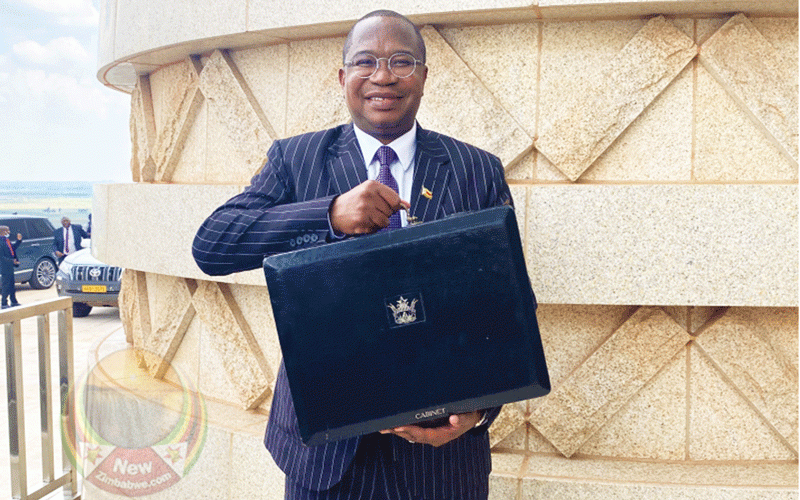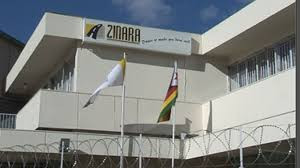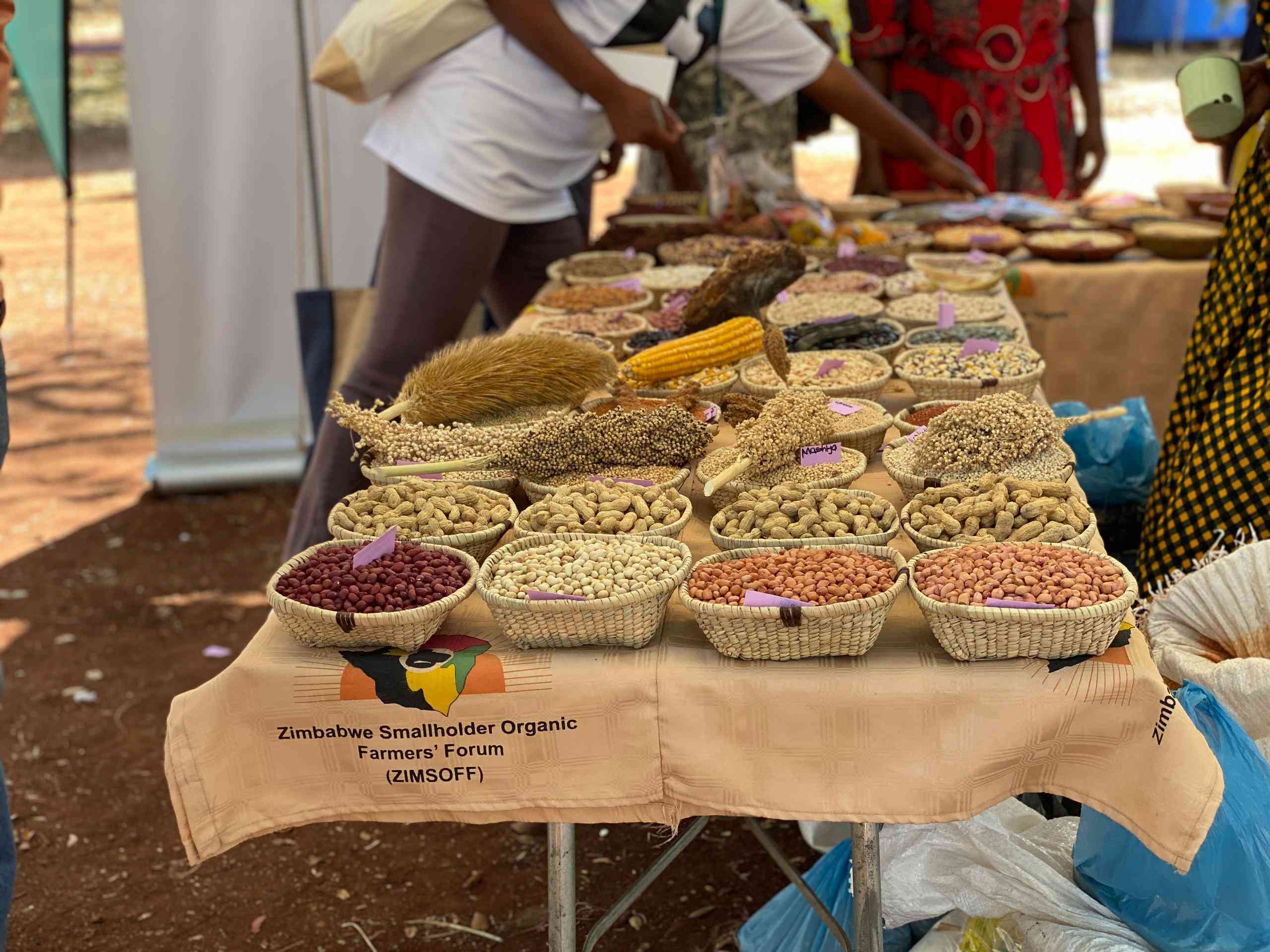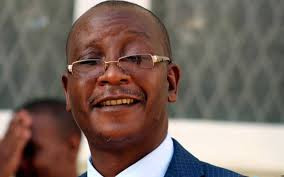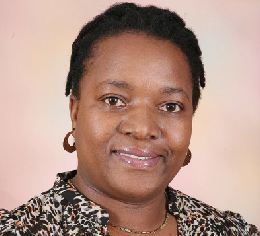
IN his last address on the easing of lockdown measures almost two weeks ago, President Emmerson Mnangagwa hinted on the plans to re-open the education sector by pronouncing that “public exam classes within schools and final year students at colleges and universities must be allowed to continue recognising, however, the stipulated COVID-19 prevention measures”.
While the reopening date for universities has been set, government is yet to set dates for the reopening of primary and secondary schools. However, a significant issue of concern is the lack of clarity about who should bear the cost of ensuring that stipulated prevention measures are met, especially in public schools, special schools and even private universities which are generally underfunded.
The Primary and Secondary Education ministry has indicated that they already have measures in place to protect both learners and teachers from COVID-19. While this sounds like a welcome development, there is little elaboration about the specific measures to cater for the needs of different types of educational institutions.
The ministry has only explained the five phase schools re-opening approach, which only gives us a sense of which levels will go to school first and which ones will go last. In a presentation to the Parliamentary Portfolio Committee on Primary and Secondary Education, permanent secretary Tumisang Thabela highlighted the need for “clean water sources within each school, handwashing detergents, sanitisers especially in urban schools where there are huge numbers of students, reusable masks for learners, infrared thermometers, and gloves for management of any suspected case”.
It is not clear whether the reference to urban schools only implies that rural schools have lesser number of learners and will thus not be prioritised. Research has shown that in Zimbabwe, the teacher-student ratio is highest in rural schools, where a single class can have 40 to 50 students due to limited infrastructure.
Hence, her statement (which supposedly represents the ministry’s position) seems to contradict reality.
Furthermore, such a view could also lead to COVID-19 interventions that marginalise children in rural schools, while increasing their vulnerability to infection.
Thabela also said as a ministry, they “will be looking at social distancing and infrastructure and resources in schools”.
- Chamisa under fire over US$120K donation
- Mavhunga puts DeMbare into Chibuku quarterfinals
- Pension funds bet on Cabora Bassa oilfields
- Councils defy govt fire tender directive
Keep Reading
Her statements do not seem to clearly articulate the role that the ministry will play in ensuring schools re-open in a safe environment. Firstly, the ministry could simply play a monitoring role by ensuring that all schools, at their own expense, meet the stipulated prevention measures.
It should be clear as to what stage this monitoring will take place: before or after the schools have opened. What happens in the event that schools are not yet compliant with the stipulated guidelines by the prescribed school opening date? In other words, will the reopening dates for individual schools be determined by their state of readiness?
Secondly, the ministry could also avail the requisite financial and material resources to the schools to facilitate smooth re-opening as already suggested in media reports. If this is the case, will this apply to all schools and will the resources be adequate? If not, which schools will get support from the ministry?
These questions are critical because we ought to recognise that learners with special needs and those from disadvantaged schools and backgrounds could require more prevention measures considering their vulnerability.
There are likely to be grave implications on children’s safety if schools are left to finance their own infrastructure and personal protective equipment (PPE) needed to prevent coronavirus infections. Reports from neighbouring South Africa indicate that some schools will not open as expected because teachers and support staff are yet to receive temperature devices and masks.
While the school reopening date has not been announced, the Zimbabwe School Examinations Council has already declared that June examinations will run from June 29 to July 22, 2020.
Have the relevant stakeholders considered the level of students’ preparedness to write examinations if they are to access school facilities at the very same time they should start examinations?
It is a glaring fact that the COVID-19 crisis has further shown the pervasive inequalities within the education system. While those students in some urban schools have continued to learn via online platforms, those without necessary gadgets to facilitate online learning, particularly from poorer backgrounds and in rural schools have been left behind. It means that without access to online lessons, the latter category of students is ill prepared to write the June exams should the current examination dates stand.
Whatever reopening measures the government and other key stakeholders in the education sector will implement, they should reflect the best interest of the child principle while upholding every child’s right to protection and non-discrimination as enshrined in the Constitution and the recently amended Education Act.
The Education Amendment Act, which came into effect early this year, clearly specifies that it is now the duty of the State to fund basic education. This obligation should also apply even in times of crisis.
The government has been lucky to receive significant funds from international organisations to fight the COVID-19 pandemic. It is of public interest to know not only how much of these funds are channelled towards the education sector, but also how these funds are spent.
The right to information is a fundamental right as it enhances accountability and effectiveness of the proposed COVID-19 protection measures in schools.
Without ensuring inclusivity and accountability, the COVID-19 responses in the education sector are likely to leave disadvantaged children in a more precarious position. Transparency will ensure that no child is left exposed.
Hellen Venganai is a senior lecturer in the child sensitive social policies programme at the Women’s University in Africa. She writes here in her personal capacity.

